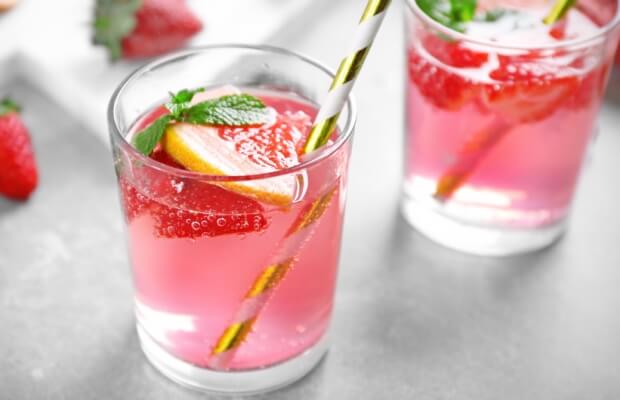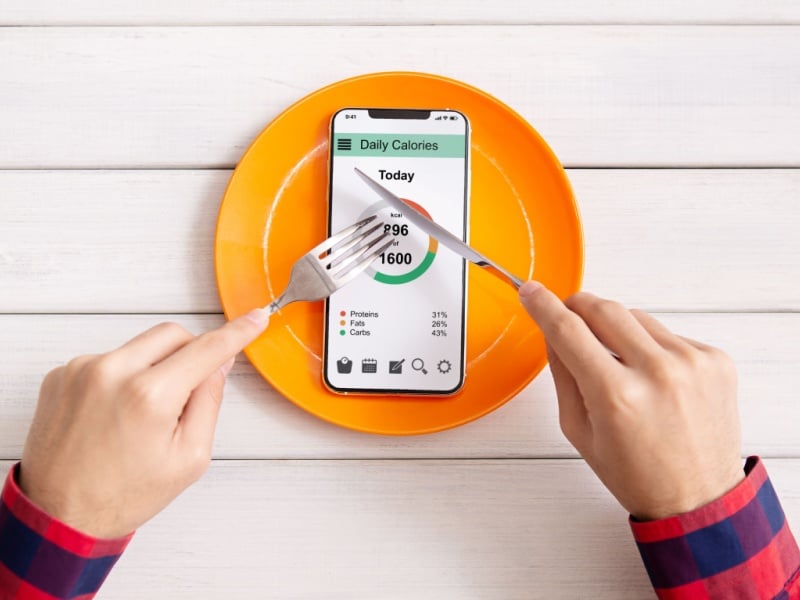Low-alcohol and non-alcoholic drinks are often marketed as the healthier option. But does that mean they're always good for you? Find out the answer.
Alongside soft drinks, there is now a wide range of alcohol-free or low-alcohol wines, beers and even spirits. But read the labels carefully, especially if you want to avoid alcohol completely or if you’re driving. Although lower than standard products, ‘low-alcohol’ doesn’t mean no alcohol. In fact, ‘low-alcohol’ drinks may contain 0.5-1.2% ABV (alcohol by volume).
Government guidance also recommends that ‘alcohol-free’ or ‘zero-alcohol’ drinks should contain no more than 0.05% ABV, but some can contain up to 0.5% ABV. A can of beer that’s 500ml and contains 0.5% ABV may still give you a quarter of a unit of alcohol.
Is non-alcoholic beer or wine good for you?
In general, less alcohol means fewer calories. A glass of zero-alcohol sparkling wine contains around 35 calories, compared with 75 calories for a glass of prosecco (10.5% ABV); or around 30 calories for a glass of alcohol-free red wine compared with 90 calories for a glass of red wine (12.5% ABV).
Alcohol-free versions of spirits are often low or zero-calorie, but watch what you mix them with to avoid adding lots of sugar. Use calorie-free lemonade, cola or tonic water. Or, if you prefer fruit juice, limit the amount you add.
In the past, drinking certain types of alcohol – particularly red wine – was linked to heart health benefits for some groups of people. However, more recent research tells us that drinking less, or not drinking alcohol at all, is the best thing that we can do for our heart and circulatory health.
How to cut down on alcohol
If we do drink, it’s important to stay within the government’s 14-unit-a-week limit. We should spread any days where we drink alcohol over the week and keep some days alcohol-free.
If substitutes aren’t for you, try making soft drinks feel like more of a treat by saving a particular type for times you want to celebrate. Make it into an occasion by using a nice glass, add plenty of ice and a slice of fruit or fresh mint and cucumber.
Meet the expert
Victoria Taylor is a registered dietitian with 20 years’ experience. Her work for the NHS focused on weight management and community programmes for the prevention of cardiovascular disease. At the British Heart Foundation she advises on diet and nutrition.
What to read next...










